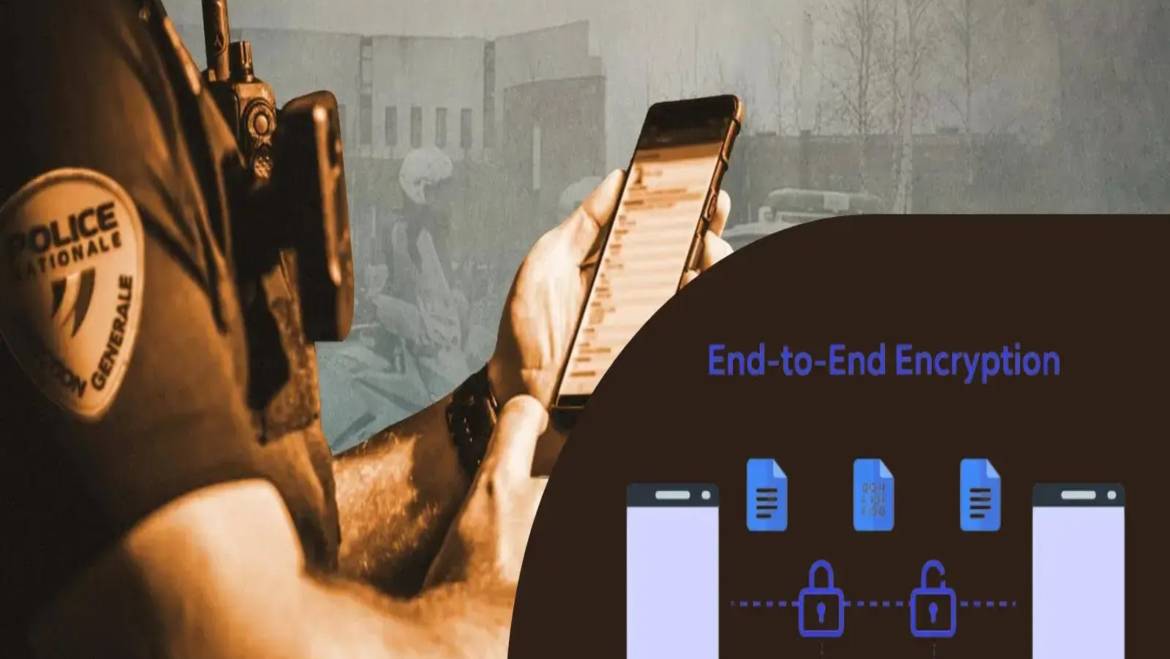European Police Chiefs said that the complementary partnership between law enforcement agencies and the technology industry is at risk due to end-to-end encryption (E2EE).
They called on the industry and governments to take urgent action to ensure public safety across social media platforms.
“Privacy measures currently being rolled out, such as end-to-end encryption, will stop tech companies from seeing any offending that occurs on their platforms,” Europol said.
“It will also stop law enforcement’s ability to obtain and use this evidence in investigations to prevent and prosecute the most serious crimes such as child sexual abuse, human trafficking, drug smuggling, homicides, economic crime, and terrorism offenses.”
“Encryption can be hugely beneficial, protecting users from a range of crimes,” NCA Director General Graeme Biggar said. “But the blunt and increasingly widespread rollout by major tech companies of end-to-end encryption, without sufficient consideration for public safety, is putting users in danger.”
Europol’s Executive Director Catherine de Bolle noted that tech companies have a social responsibility to develop a safe environment without hampering law enforcement’s ability to collect evidence.
The joint declaration also urges the tech industry to build products keeping cybersecurity in mind, but at the same time provide a mechanism for identifying and flagging harmful and illegal content.
“We do not accept that there need be a binary choice between cybersecurity or privacy on the one hand and public safety on the other,” the agencies said.
“Our view is that technical solutions do exist; they simply require flexibility from industry as well as from governments. We recognise that the solutions will be different for each capability, and also differ between platforms.”
Echoing similar concerns, Mike Burgess, Director-General of Security in charge of the Australian Security Intelligence Organisation, said that the tech industry’s expanded use of encryption is a “positive for our democracy and our economy” but also noted that it also protects “terrorists, spies, saboteurs, and the abhorrent criminals.”
“Without their help in very limited and strictly controlled circumstances, encryption is unaccountable. In effect, unaccountable encryption is like building a safe room for terrorists and spies, a secure place where they can plot and plan.”
Meta, for what it’s worth, already relies on a variety of signals gleaned from unencrypted information and user reports to combat child sexual exploitation on WhatsApp.
Earlier this month, the social media giant also said it’s piloting a new set of features in Instagram to protect young people from sextortion and intimate image abuse using client-side scanning.
“Nudity protection uses on-device machine learning to analyze whether an image sent in a DM on Instagram contains nudity,” Meta said.
“Because the images are analyzed on the device itself, nudity protection will work in end-to-end encrypted chats, where Meta won’t have access to these images – unless someone chooses to report them to us.”


Add Comment